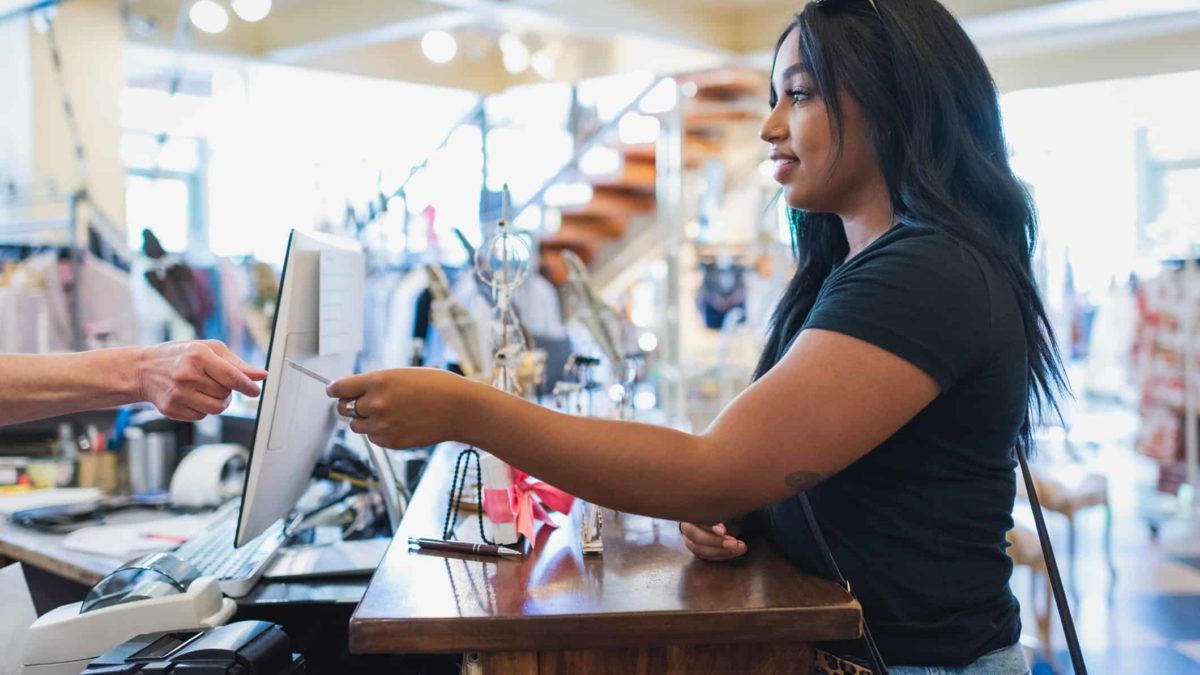The Super Retail Group Ltd (ASX: SUL) share price is trading higher this morning after the company posted a soft set of results for FY22.
At the time of writing, the retail group's shares are trading for $11.03 apiece, a 7.93% gain.
Super Retail has four core retail brands: Supercheap Auto, Rebel, BCF, and Macpac.
Let's take a look at the company's FY22 results.
What did the company report?
Here's a quick snapshot of the report's takeaways.
- Sales went up 2.8% to $3.55 billion due to a strong second-half performance
- Gross margin dropped from 48% to 46.8%
- Net profit after tax (NPAT) declined 19.9% from $301 million to $241.2 million
- Operating cash flow plummeted 43% to $340.4 million
- Declared a fully franked dividend of 43 cents per share, resulting in a full-year dividend of 70 cents per share
All four key retail brands experienced growth in revenue. Supercheap Auto and BCF led the pack, contributing $63 million in extra revenue relative to FY21.
However, Macpac New Zealand experienced a fall in like-for-like sales of 6.5% because of reduced travel and tourism.
It's interesting that marketing expenditure went backwards yet Super Retail Group still grew its top line. On top of this, online sales jumped 44% to $601 million.
This is why it's important for Super Retail Group to focus on improving its loyal customer base, who are more likely to purchase more frequently. Active club members are up 14% to 9.2 million.
Company challenges
However, the increase in revenue wasn't enough to offset the adverse impact of global supply chain disruptions and rising inflation.
The drop in gross margins is a reflection of this impact as manufacturers and suppliers pass on increased costs.
Unallocated operational costs also pushed down Super Retail Group's bottom line. This amounted to a $7.8 million jump on FY21, resulting in $38.5 million of unallocated costs.
One of the primary unallocated costs relates to expenses incurred to launch new loyalty programs and make personalised offers to customers through first-party data.
Such costs are a necessary evil to ensure customers engage in repeat purchases.
The significant lift in cost of sales and operational costs meant operating cash flow plummeted from $600 million to $340.4 million.
What else happened in FY22?
Investors should be reminded that FY21 was a particularly strong year where Super Retail Group recorded record gross margins and net operating margins.
The government payments to encourage people to go out and spend played a strong influence on FY21 results. This ought to be considered when evaluating FY22 results.
The company is debt free and continues to generate free cash flow.
It's encouraging to see Super Retail Group invest $65.9 million in omni-retail, loyalty and personalisation, and IT projects.
In addition, $58.8 million was spent on new stores and refurbishments.
What did management say?
Super Retail Group Managing Director and CEO Anthony Heraghty highlighted the numerous initiatives that the business is undertaking to improve its competitive position.
He emphasised the importance of deploying capital to improve the company's digital offering, store formats, and customer value proposition.
In response to major risks, Heraghty said:
The Group's conservative balance sheet, our customer value proposition, the strength of our brands and the resilience of our key auto and sports businesses positions us well to manage inflationary pressures and a more challenging retail environment.
What's in store for Super Retail Group?
Super Retail Group is planning on rolling out up to 30 new stores across its four key brands, including a BCF superstore in Townsville, Queensland.
On top of this, Super Retail Group plans to upgrade another five Rebel stores to a new format.
Super Retail is guiding $125 million of capital expenditure in FY23, which will be used to fund its store development program and investment in digital capability and customer retention strategies.
In terms of unallocated costs, Super Retail Group expects to incur $25 million in corporate costs and $19 million for personalisation and loyalty strategies.
Super Retail share price snapshot
In the last year, the Super Retail share price has fallen by 22% but managed to claw back some gains with a jump of 7% across the past month.
The S&P/ASX 200 Index (ASX: XJO) has dropped by 6% in the last year but has bounced back in a similar fashion, rising 6% in the last month.
Recent interest rate rises could present an opportunity to invest, as people can become overly pessimistic about retail stocks.









